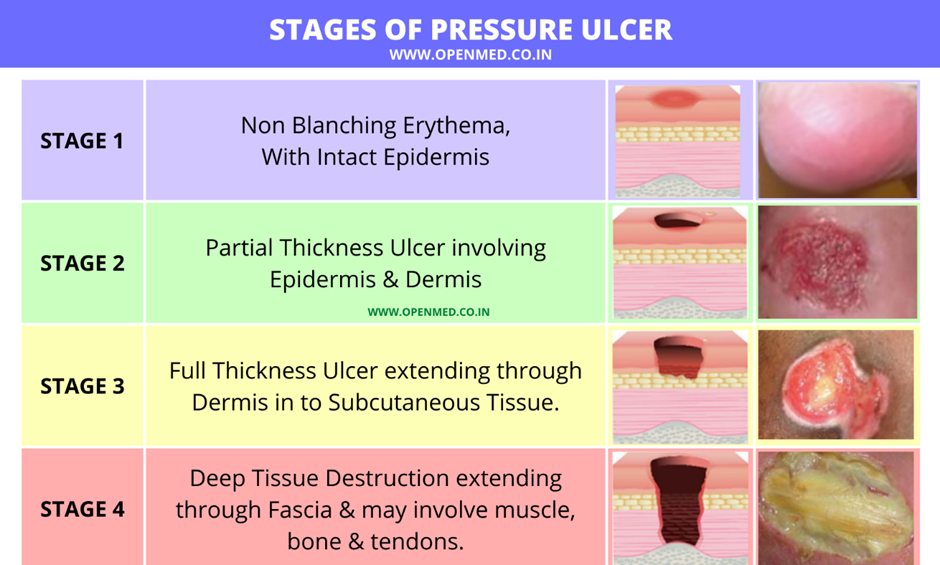A nurse is collecting data on a client who is experiencing hypovolemia. Which of the following findings should the nurse expect?
Hypertension
Peripheral edema
Oliguria
Bradycardia
The Correct Answer is C
A. Hypertension:
Hypovolemia is characterized by a decrease in blood volume. This reduction in blood volume usually leads to decreased blood pressure, not hypertension.
B. Peripheral edema:
Edema is more commonly associated with hypervolemia (excess fluid volume) rather than hypovolemia. In hypovolemia, the body is experiencing a deficit of fluids, and edema is not a typical manifestation.
C. Oliguria:
This is the correct answer. Oliguria, or reduced urine output, is a common finding in hypovolemia. When the body is low on fluids, the kidneys try to conserve water by decreasing urine production.
D. Bradycardia:
Hypovolemia often leads to tachycardia (an increased heart rate) as the body attempts to compensate for the decreased blood volume by pumping the existing blood more quickly. Bradycardia is not a typical finding in hypovolemia.
Nursing Test Bank
Naxlex Comprehensive Predictor Exams
Related Questions
Correct Answer is ["B","C","D","E"]
Explanation
A. BMI of 20:
A BMI of 20 is within the normal range. While extremes of BMI, either low or high, can contribute to health issues, a BMI of 20 alone may not significantly increase the risk of pressure injuries.
B. Peripheral neuropathy:
Peripheral neuropathy, which involves damage to the nerves in the extremities, can lead to decreased sensation and awareness. Clients with peripheral neuropathy may have difficulty sensing pressure, friction, or discomfort, making them more susceptible to pressure injuries.
C. Immobility:
Immobility is a significant risk factor for pressure injuries. Clients who are unable to change positions frequently are more likely to develop pressure points, particularly over bony prominences. Regular repositioning is essential to prevent pressure injuries in immobile individuals.
D. Hypoperfusion:
Hypoperfusion, or inadequate blood flow to tissues, can compromise tissue viability. Proper blood circulation is crucial for delivering oxygen and nutrients to the skin and underlying tissues. Impaired perfusion can contribute to tissue damage and increase the risk of pressure injuries.
E. Prealbumin level of 16 mg/dL:
Prealbumin is a marker of nutritional status. A low prealbumin level (16 mg/dL) indicates malnutrition, which can impair the body's ability to repair and maintain tissues, including the skin. Malnourished individuals are at an increased risk of developing pressure injuries.
Correct Answer is D
Explanation
A. Intact skin with localized erythema:
Explanation: This description is more consistent with a stage 1 pressure injury, where there is non-blanchable erythema.
B. Full thickness skin loss with visible bone:
Explanation: This description is more consistent with a stage 4 pressure injury, which involves extensive tissue loss, including exposure of bone.
C. Full thickness skin loss with visible adipose tissue:
Explanation: This finding is characteristic of a stage 3 pressure injury, where the loss of tissue extends down to the subcutaneous layer.
D. Partial-thickness skin loss with red tissue in the wound bed:
Explanation: This description is consistent with a stage 2 pressure injury, where there is partial-thickness skin loss involving the epidermis and possibly the dermis, forming a shallow open ulcer with a red-pink wound bed.

Whether you are a student looking to ace your exams or a practicing nurse seeking to enhance your expertise , our nursing education contents will empower you with the confidence and competence to make a difference in the lives of patients and become a respected leader in the healthcare field.
Visit Naxlex, invest in your future and unlock endless possibilities with our unparalleled nursing education contents today
Report Wrong Answer on the Current Question
Do you disagree with the answer? If yes, what is your expected answer? Explain.
Kindly be descriptive with the issue you are facing.
